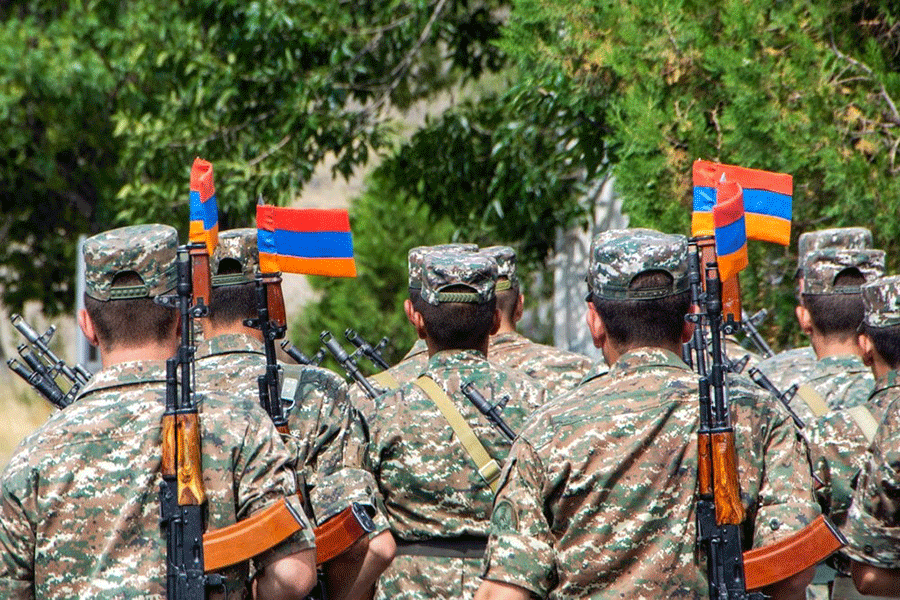If the United States and its democratic partners fail to stand with Yerevan and stand up to Baku, the broader consequences for the region could be dire.
by Mark Dietzen
Time is running out to protect the rule by law from rule by force in Europe’s southeastern frontier. Azerbaijan’s takeover of the disputed region of Nagorno-Karabakh—resulting in the mass exodus of its native Armenian inhabitants and the dissolution of the enclave’s institutions—signals a dangerous trend in the South Caucasus. Armenia now faces a dual threat of further external aggression and greater internal strife. Without support from the United States and other democracies, Armenia’s democratic gains may be at risk—and the government may be pulled further into the autocratic orbit of the Kremlin.
Read also
A predominantly ethnic Armenian region that has been an object of contention for centuries, Nagorno-Karabakh, enjoyed special autonomous status within Soviet Azerbaijan. During the final years of the Soviet Union, Armenians fought to secede from Azerbaijan, winning the First Nagorno-Karabakh War, resulting in the formation of the Republic of Nagorno-Karabakh, or Artsakh, the historical Armenian name for the region. The entity has never been internationally recognized.
Over the next three decades, neighboring Armenia provided pivotal security assistance and economic access to the Nagorno-Karabakh Republic, and the region existed as a de facto independent state within the internationally recognized borders of Azerbaijan. A tenuous ceasefire held for much of that time, albeit with frequent skirmishes along the border.
In 2020, the Second Nagorno-Karabakh War broke out, claiming an estimated 7,000 lives over six weeks. This time, Azerbaijan emerged the victor, taking large swaths of territory and surrounding the remaining Armenian-controlled regions, save for a single corridor with Armenia. Russian peacekeepers oversaw a brittle ceasefire agreement, which included significant Armenian concessions. Two years later, Azerbaijan orchestrated a nine-month blockade of Nagorno-Karabakh, severing its access to Armenia and the rest of the world. Food, medicine, and other crucial supplies became critically low, forcing the population to live in increasingly dire conditions. Baku even blocked Red Cross humanitarian aid to Nagorno-Karabakh in breach of all international agreements.
This was merely a prelude to September’s brutal seizure of Nagorno-Karabakh, undertaken in violation of the 2020 ceasefire agreement. Azerbaijan has demanded that the Armenians choosing to remain in Nagorno-Karabakh “reintegrate” into the Azerbaijani state, with President Ilham Aliyev claiming that “all their rights will be guaranteed.”
Given Azerbaijan’s years of state-sponsored demonization of Armenians, the Armenians of Nagorno-Karabakh were not inclined to believe his promise. As a result, nearly all of the 120,000 Armenians living in Nagorno-Karabakh fled to Armenia over two weeks.
























































